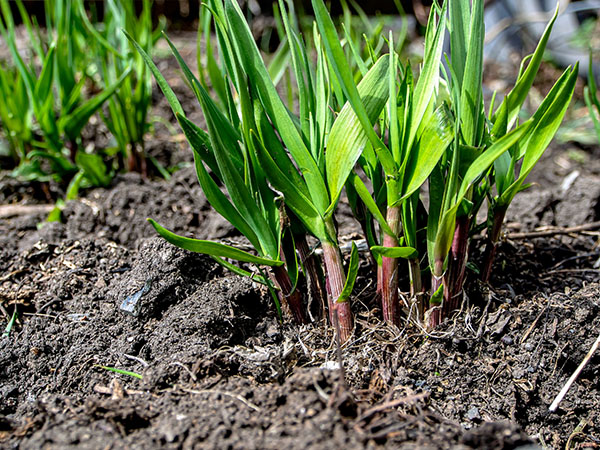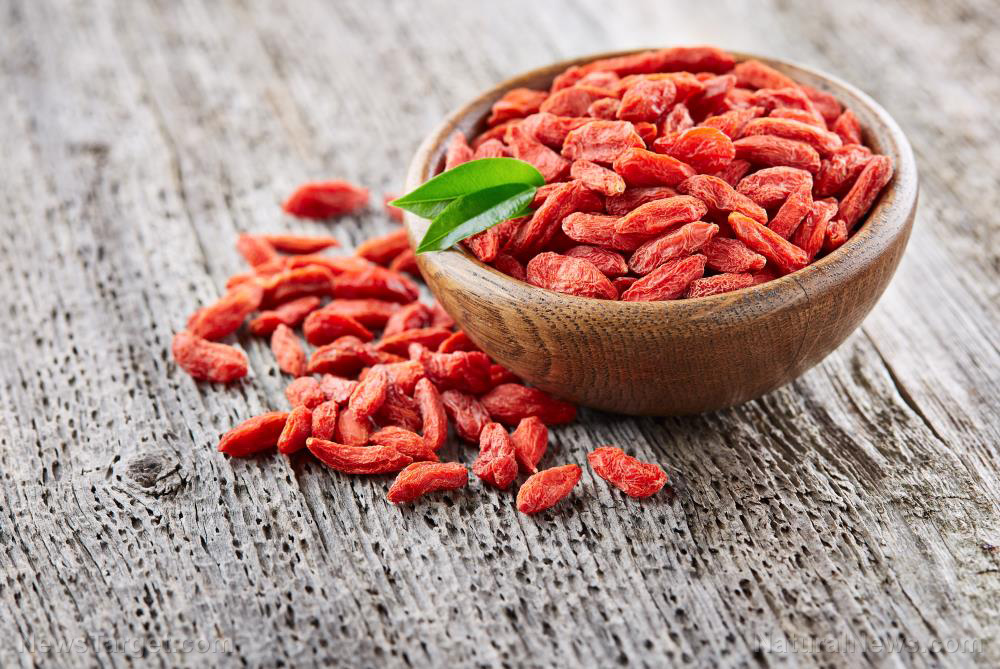Eucalyptol: A versatile compound with powerful health benefits
08/11/2025 / By Ava Grace

- Eucalyptol (1,8-cineole) is a monoterpenoid found in essential oils like eucalyptus, rosemary and cardamom. It has a cooling, minty flavor and is used in pharmaceuticals, oral care and food products.
- Indigenous Australians and later European explorers used eucalyptol-rich plants for wound healing and respiratory relief. By the 19th century, it became a staple in Western medicine as an antiseptic and decongestant.
- Eucalyptol relieves respiratory issues (COPD, bronchitis), reduces inflammation (arthritis, asthma) and fights bacteria and fungi (oral care, antiseptics). It can also improve mental clarity and reduce stress via aromatherapy.
- Eucalyptol is extracted from eucalyptus, bay leaves, tea tree and cardamom. It is available in various forms, such as essential oils, supplements (100–200 mg/day) and lozenges. Overuse can cause nausea or dizziness.
- Eucalyptol used in traditional remedies, culinary items (herbal teas, cough syrups) and modern wellness products due to its antimicrobial and anti-inflammatory properties.
Eucalyptol, a naturally occurring organic compound, has been prized for centuries for its medicinal and aromatic properties. Known for its fresh, camphor-like scent and cooling taste, eucalyptol is widely used in pharmaceuticals and oral hygiene products, as well as for culinary applications. With its natural anti-inflammatory, decongestant and antimicrobial activities, eucalyptol continues to be a subject of scientific interest closely associated with holistic wellness.
Natural sources of eucalyptol
Eucalyptol, also known as 1,8-cineole, is a type of organic compound found in essential oils. It is colorless to pale yellow, with a thin, oily consistency. The compound is found in abundance in eucalyptus oil, constituting up to 90 percent of the oil’s composition. Eucalyptol’s distinctly cooling, slightly minty flavor makes it a popular ingredient in cough drops, mouthwashes and some food products. (Related: How to make DIY non-toxic mosquito repellants with essential oils.)
Eucalyptol is primarily extracted from various medicinal plants, such as:
- Eucalyptus (Eucalyptus globulus)
- Bay leaves (Laurus nobilis)
- Rosemary (Rosmarinus officinalis)
- Tea tree (Melaleuca alternifolia)
- Cardamom (Elettaria cardamomum)
Eucalyptol is also found in smaller quantities in sage, mint and camphor laurel.
Medicinal uses and health benefits
The use of eucalyptol-rich plants for medicinal purposes dates back thousands of years. Indigenous Australians traditionally used eucalyptus leaves for wound healing and respiratory relief. 18th-century European explorers, meanwhile, documented eucalyptus’ medicinal applications, leading to its global spread.
Eucalyptus oil eventually became a staple in Western medicine, particularly as a decongestant and antiseptic. In fact, it was used in hospitals in the early 1900s as a disinfectant during flu outbreaks. Its strong antiseptic properties — thanks to eucalyptol — had made eucalyptus oil a trusted natural remedy before modern antibiotics became widely available.
Today, eucalyptol remains a key component of modern pharmaceuticals and oils used for aromatherapy.
Eucalyptol has many well-documented health benefits, such as:
- Respiratory relief: Eucalyptol is a well-known expectorant, helping to loosen mucus and ease congestion. Clinical studies suggest eucalyptol may improve symptoms of chronic obstructive pulmonary disease (COPD) and bronchitis.
- Anti-inflammatory properties: Research indicates eucalyptol can reduce inflammation, making it beneficial for conditions like arthritis and asthma.
- Antimicrobial and antifungal effects: Studies show eucalyptol combats bacteria and fungi, supporting its use in oral care products and topical antiseptics.
- Cognitive benefits: Scientific evidence suggests eucalyptol can enhance mental clarity and helps reduce stress when inhaled from essential oils.
Eucalyptol is available in various forms, such as capsules and essential oils, and is commonly used as an ingredient in throat lozenges. While there is no established dosage for eucalyptol, most supplements recommend taking 100–200 milligrams (mg) per day. Overconsumption can cause nausea or dizziness, so moderation is advised.
Visually, eucalyptol appears as a clear to pale yellow liquid. Its taste is cooling and slightly spicy, reminiscent of menthol.
With growing interest in natural remedies, eucalyptol’s proven benefits make it a valuable compound in both traditional and modern medicine. Eucalyptol’s versatility — from relieving congestion to fighting infections — ensures its continued relevance in health and wellness.
This story is not medical advice and is not intended to treat or cure any disease. Always consult with a qualified naturopathic physician for personalized advice about your specific health situation or concern.
For more fascinating stories about superfoods and their natural wonders, visit NaturalNews.com. It’s a treasure trove of articles that will deepen your understanding of the healing power of food.
If you’re into cutting-edge technology with a health twist, try Brighteon.ai. Created by Mike Adams, the Health Ranger, this AI model is a free download that you can run on your own device. It’s all about sharing knowledge freely and bypassing the filters of censorship.
And if you’re looking for a place to openly discuss everything from nutrition to natural remedies without any holds barred, visit Brighteon.com. Don’t forget to check out these free speech social media platforms, Brighteon.IO and Brighteon.social, for conversations that are always lively and uncensored.
Watch and discover the many health benefits of Eucalyptus essential oil.
This video is from the Health Ranger Store channel on Brighteon.com.
More related stories:
Top 5 ways you can use Eucalyptus to treat diseases: chicken pox, influenza, and more.
How to make DIY non-toxic mosquito repellants with essential oils.
Medicinal plants: The survival uses of eucalyptus.
Sources include:
Submit a correction >>
Tagged Under:
alternative medicine, aromatherapy, essential oils, eucalyptol, health science, herbal medicine, Herbs, natural antibiotics, natural cures, natural health, natural medicine, Naturopathy, phytonutrients, plant medicine, remedies
This article may contain statements that reflect the opinion of the author





















